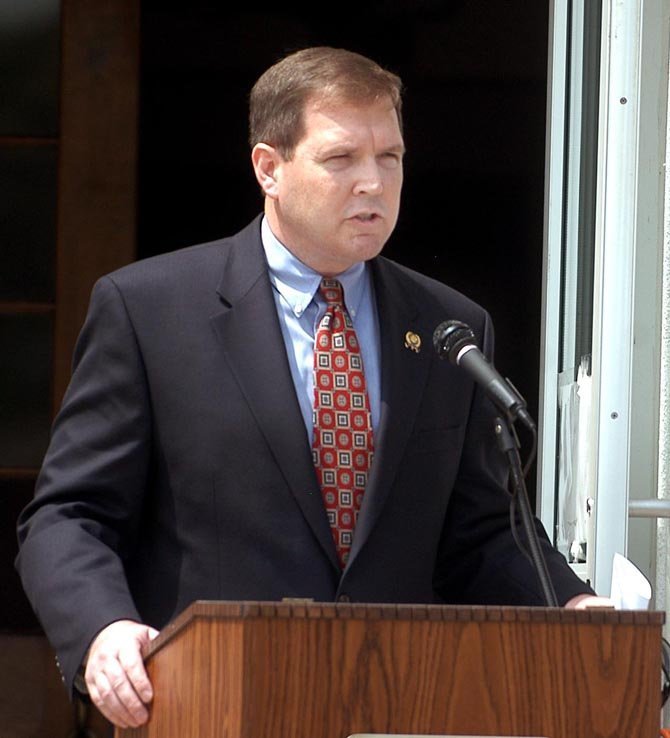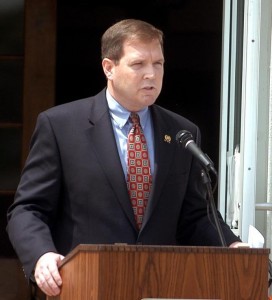
By Senator Mike Doherty (R-23)
With a $1.3 billion gas tax increase proposed by some in the Legislature, it’s more important than ever to understand New Jersey’s transportation spending.
More than a year ago, I called for the state to create a “State Transportation Cost Analysis Task Force” to conduct a methodical analysis of the factors that contribute to New Jersey’s road costs, compare our costs to those of other states, and provide recommendations to complete projects more cost-effectively.
While many would consider this legislation to be a matter of common sense, it has failed to advance in the Democrat-controlled Legislature.

I initially introduced S-1888 in response to a study by the Reason Foundation that found Garden State roads to be the nation’s most expensive to build, operate and maintain.
According to that report, New Jersey’s state-administered highways cost taxpayers $2 million per mile, which the Reason Foundation claims to be 12 times the national average, three times the cost in the next highest state and four times the cost in New York.
State transportation officials have disputed that study, including a high-ranking NJDOT official who estimated the cost at $270,000 per mile.
A new analysis released last month by Rutgers University’s Alan M. Voorhees Transportation Center claims the cost is approximately $184,000 per mile to plan, construct, operate, and maintain the roadways under the New Jersey Department of Transportation’s jurisdiction, or $213,000 per mile when debt payments are included.
The Reason Foundation contends that the methodologies employed by Rutgers and the NJDOT improperly exclude a number of expenses, and they have prepared a strong rebuttal.
Regardless of who you believe, New Jersey’s cost per mile is excessive under anyone’s calculations. The only dispute is the extent of that excess.
Consider, for example, the current reconstruction of Rt. 35 which has topped $27.3 million per mile, including millions to pay contractors to do nothing. Nobody can explain how tens of millions of $76 million in cost overruns has been spent.
That’s just one project.
Sponsors of the huge tax increase claim it’s necessary to fund $2 billion in new transportation spending each year for the next decade.
If we don’t have a true understanding of our transportation cost drivers, how can we be sure that we actually need $2 billion? Some have previously claimed that we need $1.6 billion, and others even less.
Unsurprisingly, the most vocal advocates for more spending have been those who will assume the greatest direct financial benefit from a bigger gas tax increase.
Should the political influence of labor unions and trade associations be allowed to dominate this extremely important debate, ahead of a real demonstrated need?
I think not, which is why I will continue to oppose a gas tax increase. You can sign our online petition to let legislative leaders know that you oppose it as well.
Before we ask drivers and taxpayers for even a penny more for our roads, I believe the state has an obligation to prove that the taxes and tolls already collected are spent wisely.
_____


